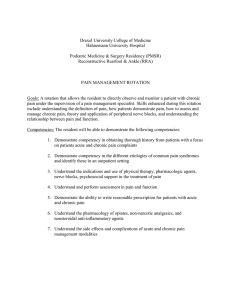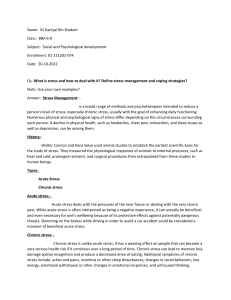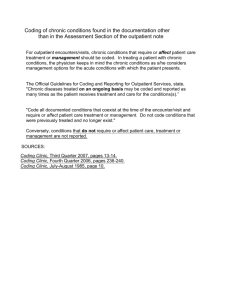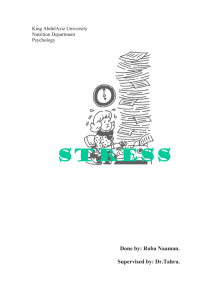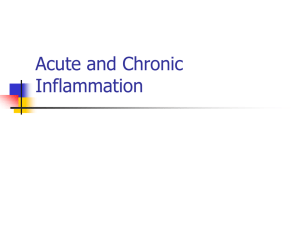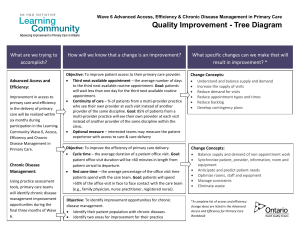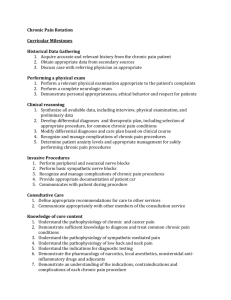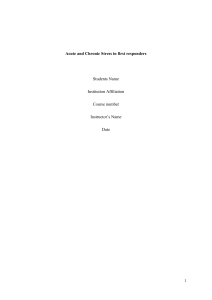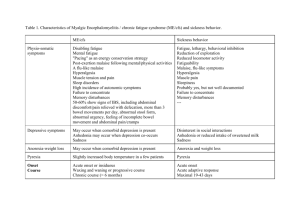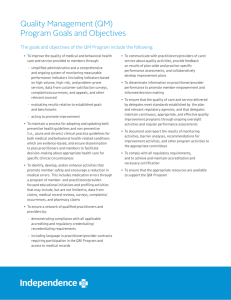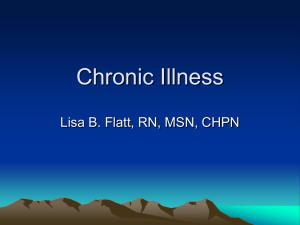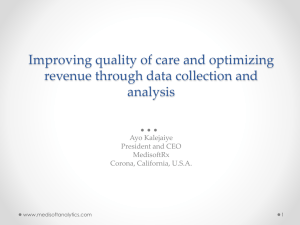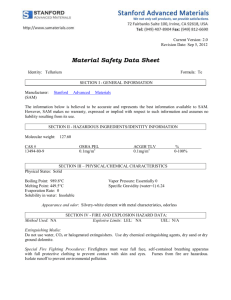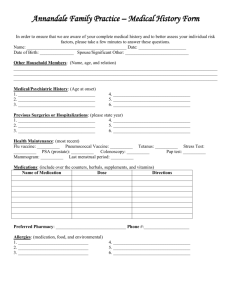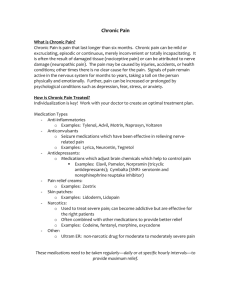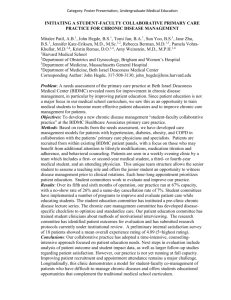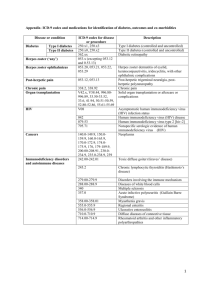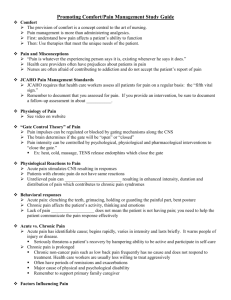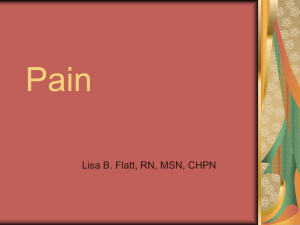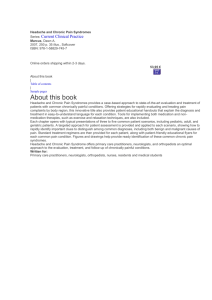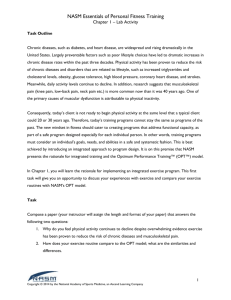Clinical Log/LCME - School of Medicine
advertisement
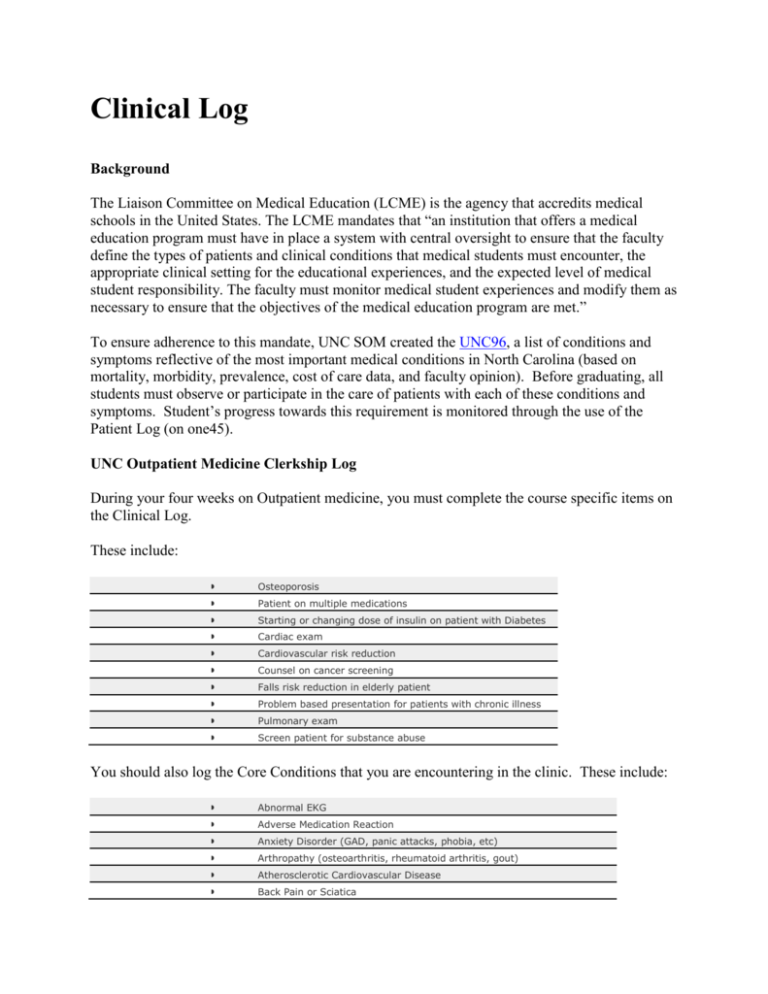
Clinical Log Background The Liaison Committee on Medical Education (LCME) is the agency that accredits medical schools in the United States. The LCME mandates that “an institution that offers a medical education program must have in place a system with central oversight to ensure that the faculty define the types of patients and clinical conditions that medical students must encounter, the appropriate clinical setting for the educational experiences, and the expected level of medical student responsibility. The faculty must monitor medical student experiences and modify them as necessary to ensure that the objectives of the medical education program are met.” To ensure adherence to this mandate, UNC SOM created the UNC96, a list of conditions and symptoms reflective of the most important medical conditions in North Carolina (based on mortality, morbidity, prevalence, cost of care data, and faculty opinion). Before graduating, all students must observe or participate in the care of patients with each of these conditions and symptoms. Student’s progress towards this requirement is monitored through the use of the Patient Log (on one45). UNC Outpatient Medicine Clerkship Log During your four weeks on Outpatient medicine, you must complete the course specific items on the Clinical Log. These include: Osteoporosis Patient on multiple medications Starting or changing dose of insulin on patient with Diabetes Cardiac exam Cardiovascular risk reduction Counsel on cancer screening Falls risk reduction in elderly patient Problem based presentation for patients with chronic illness Pulmonary exam Screen patient for substance abuse You should also log the Core Conditions that you are encountering in the clinic. These include: Abnormal EKG Adverse Medication Reaction Anxiety Disorder (GAD, panic attacks, phobia, etc) Arthropathy (osteoarthritis, rheumatoid arthritis, gout) Atherosclerotic Cardiovascular Disease Back Pain or Sciatica Bite, Sting, or Envenomation Bronchitis, acute Cancer Cancer-Breast mass or cancer Cancer-GU cancer Cancer-Lung or Head and Neck cancer Cancer-Skin cancer Cellulitis Chest Pain Chronic Obstructive Pulmonary Disease Congestive Heart Failure Cough, chronic Depression or Suicidal Ideation Dermatitis Diarrhea, acute or chronic Diarrhea, acute or chronic Diverticular Disease or LLQ Abdominal Pain Dizziness or Vertigo Domestic Violence/Abuse Dyspepsia (GERD, peptic ulcer, etc) Dyspnea or Shortness of Breath Edema End of Life Discussion or Palliative Care Discussion Fall Fatigue Fever Headache (including migraine) Hemorrhoid HIV Disease Hyperlipidemia Hypertension Influenza Irritable Bowel Syndrome Ischemic Heart Disease, chronic Liver Disease, chronic or Cirrhosis Lymphadenopathy Nausea and/or Vomiting Neuropathy (diabetic, carpal tunnel) Obesity Pneumonia Sexually Transmitted Infection (excluding HIV) Substance Abuse Syncope or Pre-Syncope Thyroid Dysfunction Tobacco Abuse Upper Respiratory Infection (acute)/Sinusitis Urinary Tract Infection or Dysuria Monitoring As noted above, patient encounters will be monitored by completion of the Patient Log (on one45). The extent of the interaction will be documented in the Patient Log. At the midpoint of the four week rotation (at the Dayback session), students will review the Patient Log with one of the clerkship directors during the midclerkship feedback session. During that meeting each student’s overall clinical experiences will be discussed, including a review of the Patient Log and the midclerkship evaluation that the student and preceptor complete. If needed, the student’s clinical experience will be modified to the extent possible to maximize the chance of direct clinical experiences with patients with the conditions listed above.
